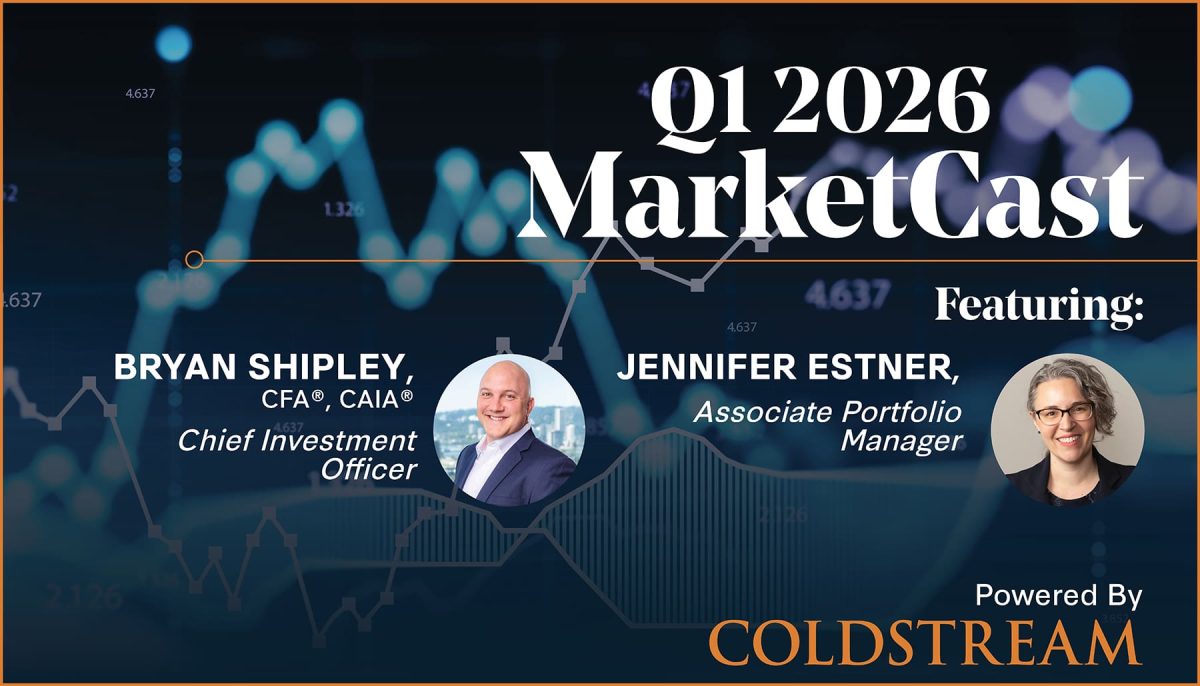
Insights
October 9, 2013
State of Affairs – Our Perspective
In Market Commentary
Most likely you are asking the same question we are. What is going on in Washington? And how and when does it end? We clearly have an acrimonious situation in Congress that has caused a government shutdown. Coupled with the looming debt ceiling deadline of October 17th, this state of affairs is creating mounting uncertainty and great angst for investors. It must be remembered this is a political problem and most likely not an economic problem. Most economists forecast a shutdown that gets resolved within 30 days will impact 4th quarter GDP by just 0.1-0.2% and have no ongoing negative impact. In fact, our best guess is that GDP growth over the next two years will be relatively steady around the 2% level. This is certainly not robust growth but better than most developed economies.
Back to the Washington problem: Senate Democratic leadership has announced their intention to move forward on legislation to authorize a “clean” debt ceiling increase through the end of 2014. This vote could come as early as Friday. However, it is highly unlikely this can garner the necessary 60 votes to proceed. If they fail, it will send a signal that negotiations with the House must move forward to get a debt ceiling increase. This would start the difficult process of negotiating what gets included in the final bill. This vote is key to moving the process forward. The government shutdown is not the real problem; the real problem is the debt ceiling and the unknown of a default. While the Republicans are taking the lion’s share of the blame at this point, exasperation over the stalemate is being spread around and the public is angry with the Democrats as well. Further, President Obama’s approval rating stands at 45% and falling. Increasing pressure on both parties forms the basis to move forward with an agreement.
With that as a background, as investors, what should we be doing? Our best advice is to take a deep breath and realize as with all problems, this too shall pass. Once it does, investors will again look at the fundamentals that by all accounts are pretty good and improving. Further, we must separate our political viewpoints from investing. To be successful you have to be politically agnostic and willing to invest no matter who is in power. It is fine to have an opinion about Obama care, debt, European leadership or the Fed. But confusing what you hope will happen, with what probably will happen, is a path to making poor investment decisions.
Gridlock leading to a default on U.S. debt is bad and in our opinion, default is highly unlikely. It is a positive that the shutdown and debt ceiling have been linked in the debate. Now each side must offer the other a “bone” to move the debate forward. At this point our best guess is the stalemate gets resolved within the next week and once that happens we are relatively positive on the domestic equity markets for the balance of the year. Based upon this analysis we intend to stay the course with our current asset allocations as most of our portfolios are broadly diversified.
As always, if you have any particular questions about your portfolio, please contact your relationship manager. Should there be a change in our thinking we will certainly let you know.
Insights Tags
Related Articles

January 13, 2026
Perspective After a Volatile Year: What 2025 Reinforced About Diversification and Discipline


January 12, 2026
Watch Coldstream’s MarketCast for First Quarter 2026




December 5, 2025
10 Trends to Watch For in 2026: Welcome to the Future


